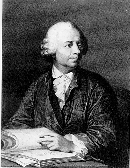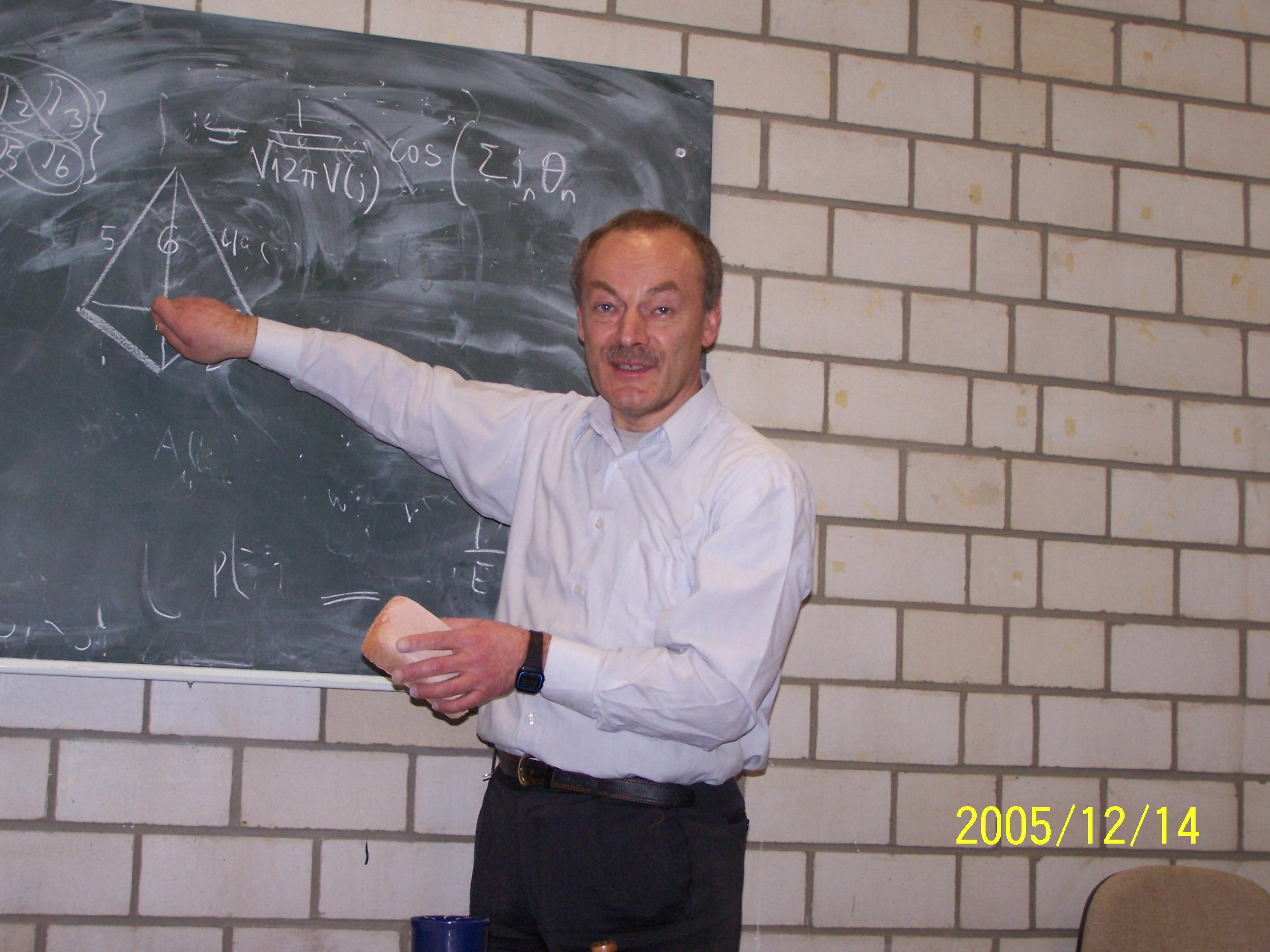
(1707 - 1783)
Euler Symposium on Theoretical and Mathematical Physics
June 15-20, 2019
St. Petersburg, Russia
 Dmitri Igorevich Diakonov, an outstanding theoretical physicist, passed away on 26 December 2012 after a heart attack. Most of his scientific life he worked at the Leningrad (later Petersburg) Nuclear Physics Institute. He started there in 1972 as a Ph.D. student and became a Deputy Head of the Theoretical Physics Department since 2005 when he returned after 8 years of working as a Full Professor in NORDITA (Copenhagen). He also spent extended periods of time as a visiting Professor in a number of research institutions over the world, including Ruhr-Universitat-Bochum (Germany), RIKEN (Japan), Pennsylvania State University and Thomas Jefferson National Laboratory (USA), and Inha University (South Korea).
Dmitri Igorevich Diakonov, an outstanding theoretical physicist, passed away on 26 December 2012 after a heart attack. Most of his scientific life he worked at the Leningrad (later Petersburg) Nuclear Physics Institute. He started there in 1972 as a Ph.D. student and became a Deputy Head of the Theoretical Physics Department since 2005 when he returned after 8 years of working as a Full Professor in NORDITA (Copenhagen). He also spent extended periods of time as a visiting Professor in a number of research institutions over the world, including Ruhr-Universitat-Bochum (Germany), RIKEN (Japan), Pennsylvania State University and Thomas Jefferson National Laboratory (USA), and Inha University (South Korea).
Dmitri Diakonov has made a large number of groundbreaking contributions to the physics. Already his early works on quantum hard processes in quantum chromodynamics (jointly with Y. Dokshitzer and S. Troian) brought him a worldwide recognition. Few years later D. Diakonov initiated a research program on non-perturbative phenomena in quantum chromodynamics. In a series of papers he has built up (in collaboration with V. Petrov and others) a theoretical framework starting from the theory of instanton vacuum through the theory of quarks (spontaneous breaking of chiral symmetry and dynamical mass generation) to the chiral theory of hadrons explaining main physical properties of baryons and mesons. This theoretical picture has been confirmed both by experiments as well as numerical simulations and had a great impact on research in this field.
The prediction of exotic baryons ("pentaquark") in 1997 by Diakonov (jointly with V. Petrov and M. Polyakov) attracted a great attention of the community and triggered an extraordinary experimental activity. The results still remain controversial, and the experimental and theoretical work continues.
Scientific interests of Dmitri Diakonov were very broad. Over recent years he worked, in particular, on the theory of confinement in QCD, theory of baryon asymmetry of the Universe in the standard model, theory of Bose condensation, properties of QCD at non-zero temperature and chemical potential. Only during the last two years he proposed a self-consistent model of quantum gravity, developed a theory describing properties of all baryonic resonances up to 2 GeV, and obtained important results on the low-x physics at the LHC. Pioneering works of Dmitri Diakonov have been recognized with numerous prestigious prizes, including the Alexander von Humboldt Award for "outstanding achievements in the field of theoretical physics" and the Mercator Professorship (Germany), the Award by Danish Royal Academy of Sciences and Carlsberg Foundation, and the Award by Japan Society for Promotion of Science. In 2011, he was elected a member of Academia Europaea.
Dmitri Diakonov was a dedicated lecturer at Academic University in St. Petersburg as well as at numerous universities and schools over the world, and a highly devoted mentor to a large number of students and young scientists. He was investing a lot of time and energy to promoting scientific research in Russia. Mitya was not only a great scientist but also a truly friendly and charming personality. His sudden death was really a shock for his numerous friends and colleagues...